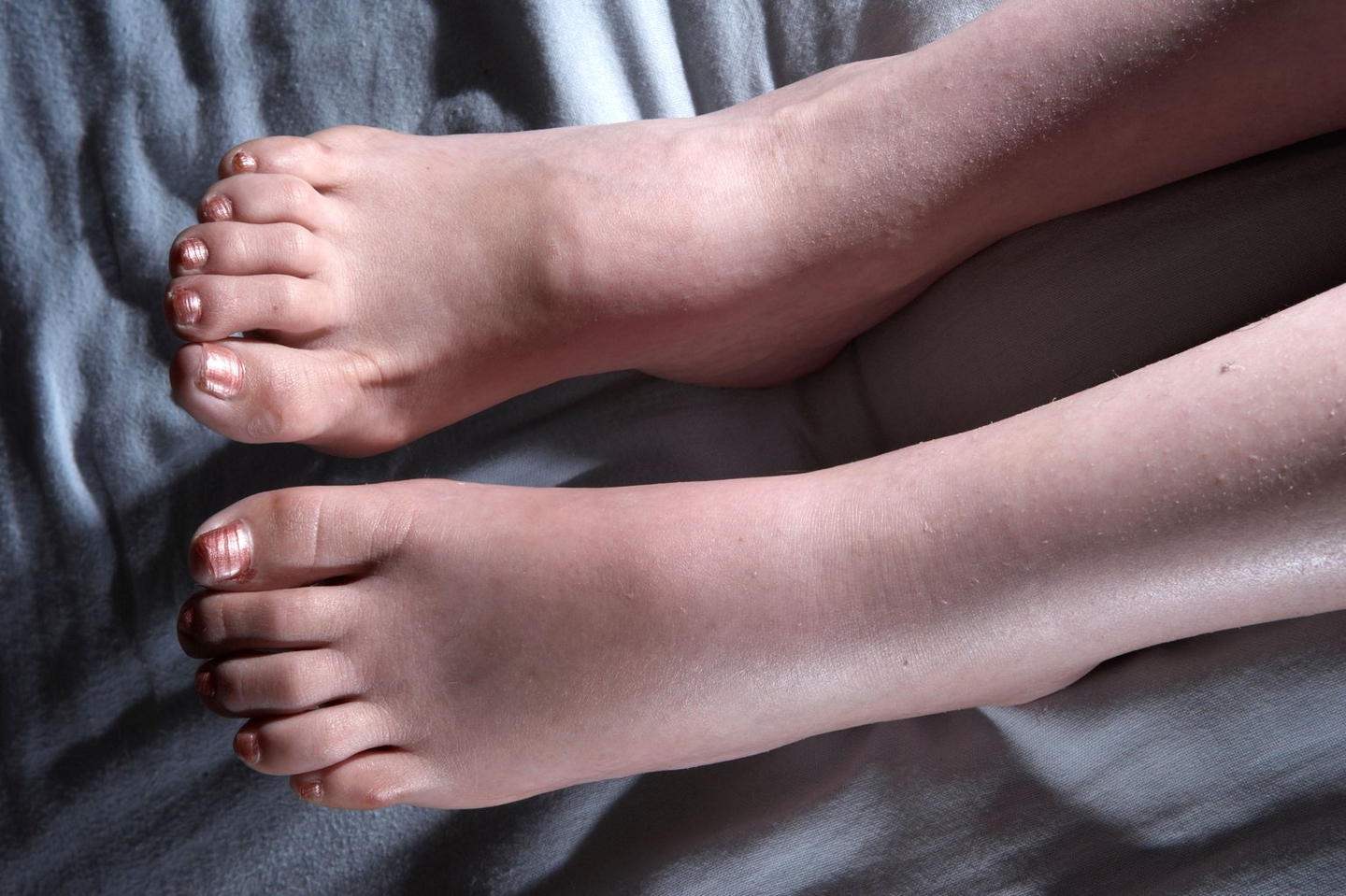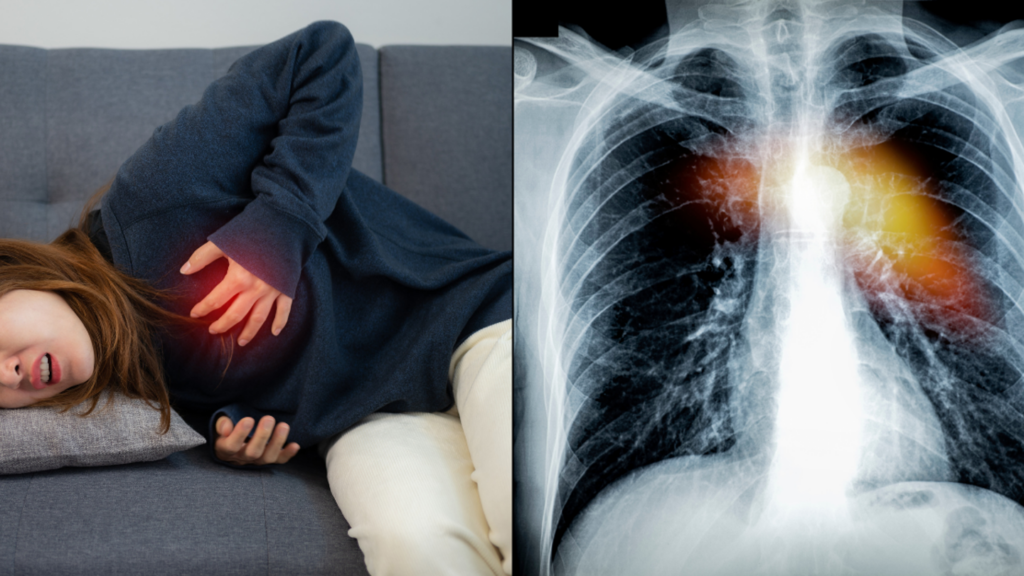A doctor is encouraging people to stay alert to the signs of heart failure, a condition that can sometimes go unnoticed, especially the signs that can appear when you’re lying down in bed.
This dangerous health issue is on the rise in the UK, with about 920,000 people currently living with heart failure, and around 200,000 new cases emerging each year.
The NHS explains that these symptoms may show up suddenly or gradually over weeks and months. Regardless of how quickly they appear, getting a diagnosis as soon as possible is critical.
What Exactly Is Heart Failure?
For those who aren’t familiar, heart failure happens when the heart can’t pump blood efficiently throughout the body. In most cases, this is because the heart muscle has weakened or become too stiff, making it difficult for the heart to work as it should.
This is a long-term condition that typically worsens over time, often severely limiting the person’s capabilities. As the NHS points out, it’s a condition that can eventually become fatal.
That’s why identifying the signs early on is so important. Although heart failure has no cure, the right treatment plan can help someone manage their symptoms for several years, allowing them to live more comfortably.
Additionally, heart failure can lead to serious complications, such as blood clots, irregular heart rhythms, organ damage, and even cardiac arrest. Recognizing these early warning signs can buy a person valuable time to seek treatment.

Recognizing Heart Failure Symptoms
Dr. Rosie Godeseth highlights that individuals with heart failure can experience a range of symptoms, though there are some signs that appear consistently among many patients.
The doctor shared that one common symptom often goes unnoticed because it tends to show up when people are lying in bed. This makes it easy to miss, so paying attention to how you feel when you’re lying down is key.
In an interview with The Sun, Dr. Godeseth, who is a cardiologist and Associate Medical Director at Vitality Health, said: “Sometimes people will experience fluid buildup in the lungs which can make it hard to breathe when lying down.”
“If you find yourself having to be propped up on pillows while you sleep or are waking up short of breath, then book an appointment to see a doctor who may recommend undergoing a sleep study or heart function tests.”
Therefore, if you notice difficulty breathing while lying flat and find yourself needing extra pillows to sleep more comfortably, it’s a good idea to book an appointment with your GP to get checked out.

Watch Out for Swelling in the Legs and Ankles
In addition to breathing difficulties, it’s also essential to be aware of swelling in areas like the ankles and legs. In some cases, the swelling can even extend to the thighs, groin, or abdomen, which might be a sign of heart failure.
When the heart struggles to circulate blood effectively, fluid can start building up in the body, a condition known as oedema.
“It’s important to speak to a doctor if swelling persists or is accompanied by other symptoms like dizziness and shortness of breath,” Dr. Godeseth explained.
Persistent coughing, wheezing, or a sensation of “bubbling” in the chest may also indicate heart failure.
This is sometimes referred to as a “cardiac cough,” and it usually happens due to fluid accumulating in the lungs, as noted by health experts.
Dr. Godeseth further elaborated: “It’s important to speak to a doctor if you have had a cough for more than three weeks, especially if any mucus produced is pink or blood-tinged.”
Another potential indicator of heart failure is rapid weight gain, as the body may retain excess fluid and salt when the heart isn’t pumping efficiently.
Dr. Godeseth added more context by saying: “When the heart isn’t effectively pumping, it can lead to reduced blood flow in the kidneys. These organs regulate fluid and sodium balance, so they respond to the reduced blood flow by retaining fluid and sodium. This fluid accumulates in the body’s tissues, particularly the lower limbs, abdomen and sometimes even the lungs.”

Early Lifestyle Changes Are Key in Preventing Heart Failure
Dr. Godeseth believes that because heart failure generally impacts older adults, many people in the UK mistakenly think they don’t need to worry about it. However, she stresses that making lifestyle adjustments now can pay off later in life.
She suggests that eating a balanced diet, staying physically active, and avoiding tobacco are all steps that can significantly lower your risk of developing heart failure.
She explained her perspective by saying: “It’s really important not to assume heart health is something that should only be considered, or focused on, once you’re older as the actions we make today go a huge way in preventing illness in the future.”
“In fact, 80 percent of heart disease cases and strokes are preventable.”






